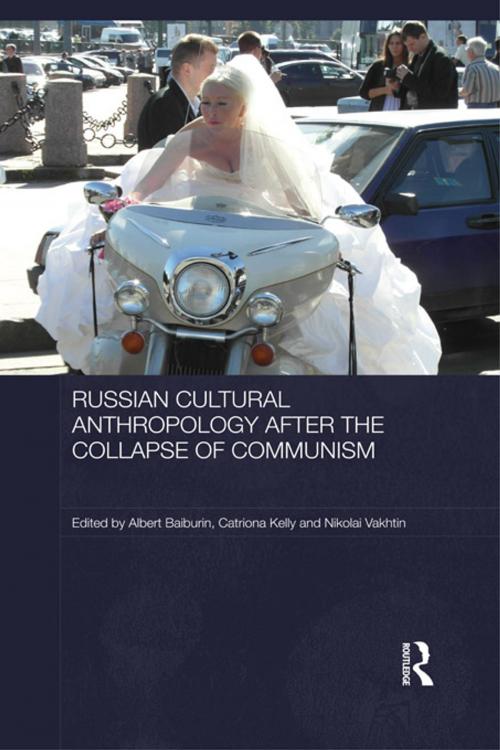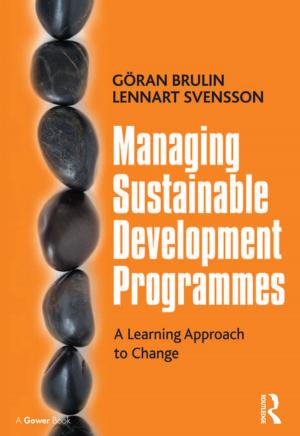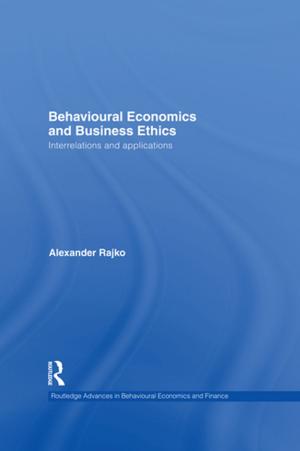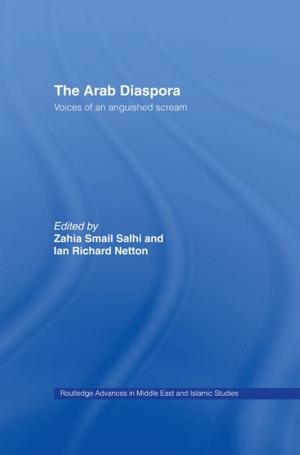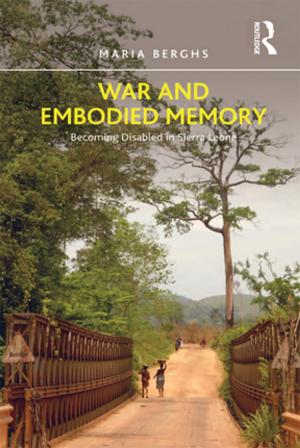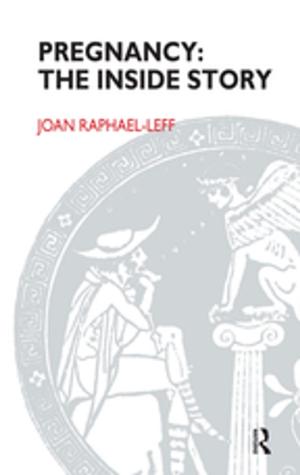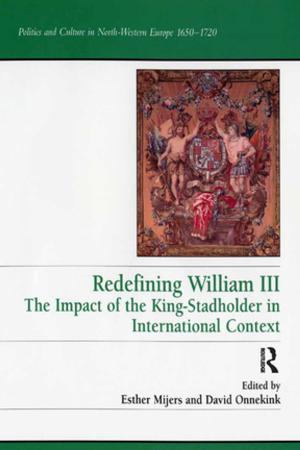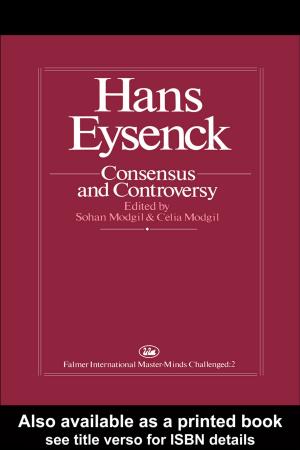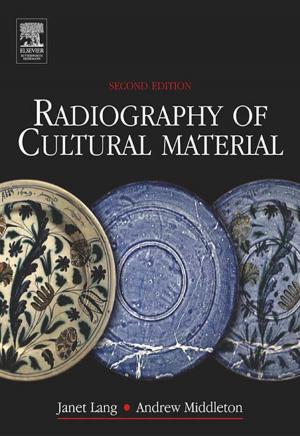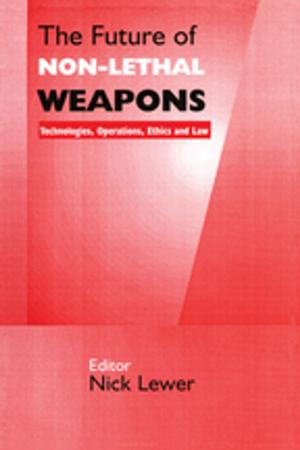Russian Cultural Anthropology after the Collapse of Communism
Nonfiction, Social & Cultural Studies, Social Science, Cultural Studies, Ethnic Studies| Author: | ISBN: | 9781136297281 | |
| Publisher: | Taylor and Francis | Publication: | June 25, 2012 |
| Imprint: | Routledge | Language: | English |
| Author: | |
| ISBN: | 9781136297281 |
| Publisher: | Taylor and Francis |
| Publication: | June 25, 2012 |
| Imprint: | Routledge |
| Language: | English |
In Soviet times, anthropologists in the Soviet Union were closely involved in the state’s work of nation building. They helped define official nationalities, and gathered material about traditional customs and suitably heroic folklore, whilst at the same time refraining from work on the reality of contemporary Soviet life. Since the end of the Soviet Union anthropology in Russia has been transformed. International research standards have been adopted, and the focus of research has shifted to include urban culture and difficult subjects, such as xenophobia. However, this transformation has been, and continues to be, controversial, with, for example, strongly contested debates about the relevance of Western anthropology and cultural theory to post-Soviet reality. This book presents an overview of how anthropology in Russia has changed since Soviet times, and showcases examples of important Russian anthropological work. As such, the book will be of great interest not just to Russian specialists, but also to anthropologists more widely, and to all those interested in the way academic study is related to prevailing political and social conditions.
In Soviet times, anthropologists in the Soviet Union were closely involved in the state’s work of nation building. They helped define official nationalities, and gathered material about traditional customs and suitably heroic folklore, whilst at the same time refraining from work on the reality of contemporary Soviet life. Since the end of the Soviet Union anthropology in Russia has been transformed. International research standards have been adopted, and the focus of research has shifted to include urban culture and difficult subjects, such as xenophobia. However, this transformation has been, and continues to be, controversial, with, for example, strongly contested debates about the relevance of Western anthropology and cultural theory to post-Soviet reality. This book presents an overview of how anthropology in Russia has changed since Soviet times, and showcases examples of important Russian anthropological work. As such, the book will be of great interest not just to Russian specialists, but also to anthropologists more widely, and to all those interested in the way academic study is related to prevailing political and social conditions.
